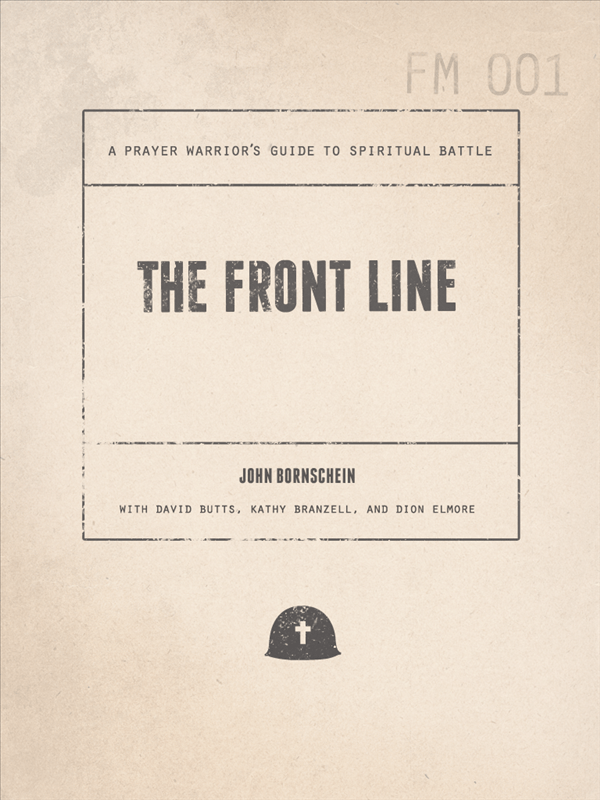Why Should We Pray?
Share

In the powerful work, Giving Ourselves to Prayer, Gary T. Meadors observes that dialogue with the Almighty is part of the fabric of the Bible: “
5 Reasons We Should Be Praying
1. We love Him. Just as a man and woman in love desire to be together and communicate, so we, if we love God, will desire to be with Him and to fellowship with Him in proportion to our love for Him.
2. We depend on God. He is our source. He is our life (
3. Prayer allows us to resist temptation. Jesus warned His disciples to “watch and pray, lest you enter into temptation” (
4. Prayer is necessary for people to invite God to act in salvation. God gave the earth to Adam and his descendants, so we must invite God to work here. If no one invites Him to work on earth, Satan—the “god of this age” because of humanity’s universal rebellion (
5. God commands us to pray. In
The need to pray is as great as the authority of God, who commands us to “pray without ceasing” (
Prayer has subdued the strength of fire. It has bridled the rage of lions, hushed anarchy to rest, extinguished wars, appeased the elements, burst the chains of death, expanded the fates of heaven, assuaged diseases, dispelled frauds, rescued cities from destruction, staid the sun in its course, and arrested the progress of the thunderbolt. In this communion with God, there is an all-sufficient panoply, a treasure undiminished, a mine that is never exhausted, a sky unobscured by clouds, a heaven unruffled by the storm. It is the root, the fountain, the mother of a thousand blessings!3
Endnotes:
1. Gary T. Meadors, “The Bible and Prayer,” in Giving Ourselves to Prayer: An
2. Adaptation of list compiled by AllAboutGOD.com, cited in “Why Pray?” National Day of Prayer Task Force, https://www.nationaldayofprayer.org (accessed October 6, 2010).
3. John Chrysostom, quoted in R. Kent Hughes, James: Faith That Works (Wheaton, IL: Crossway Books, 1991), 263.
Photo credit: Unsplash/Diana Simumpande

The Front Line is a field manual for exploring the depth and power of a praying life. Drawing on a variety of perspectives, this book explores prayer from every angle—from its basic elements to the obstacles that hold people back. With inspirational stories, tools, and resources, The Front Line enables new recruits and seasoned prayer warriors alike to gain a greater understanding of the number one weapon in spiritual warfare: prayer.